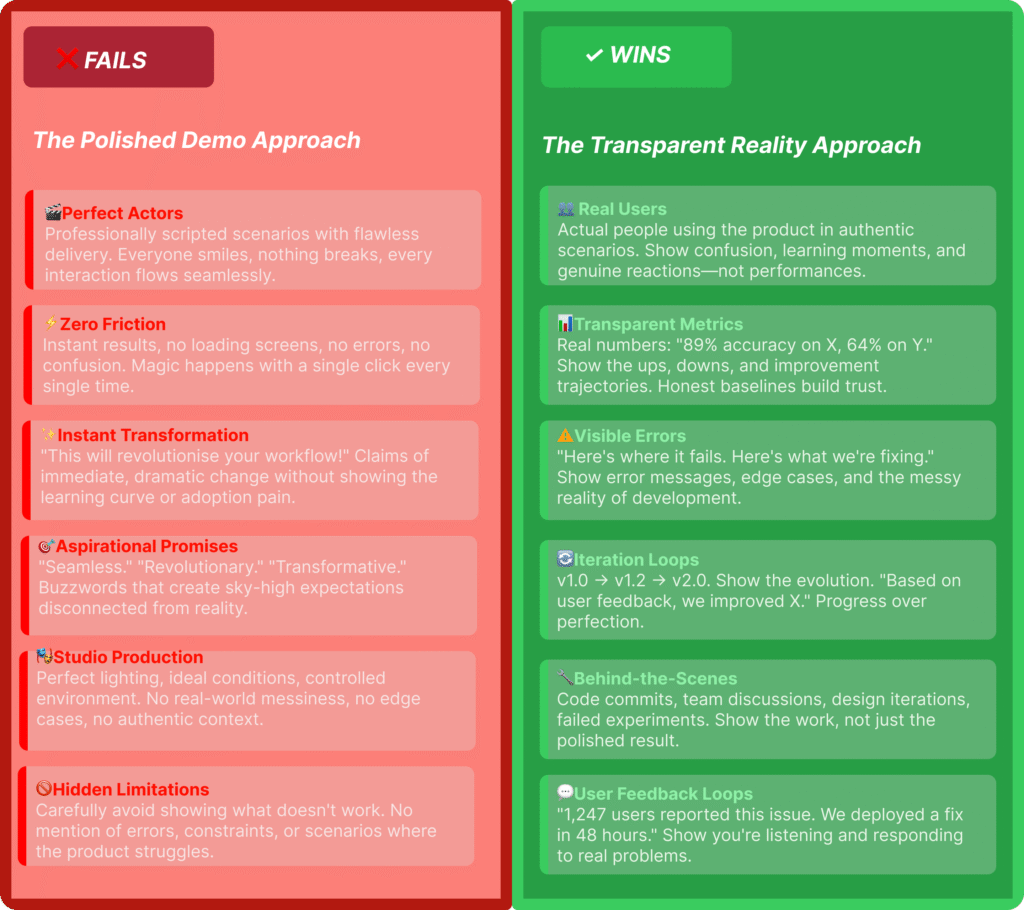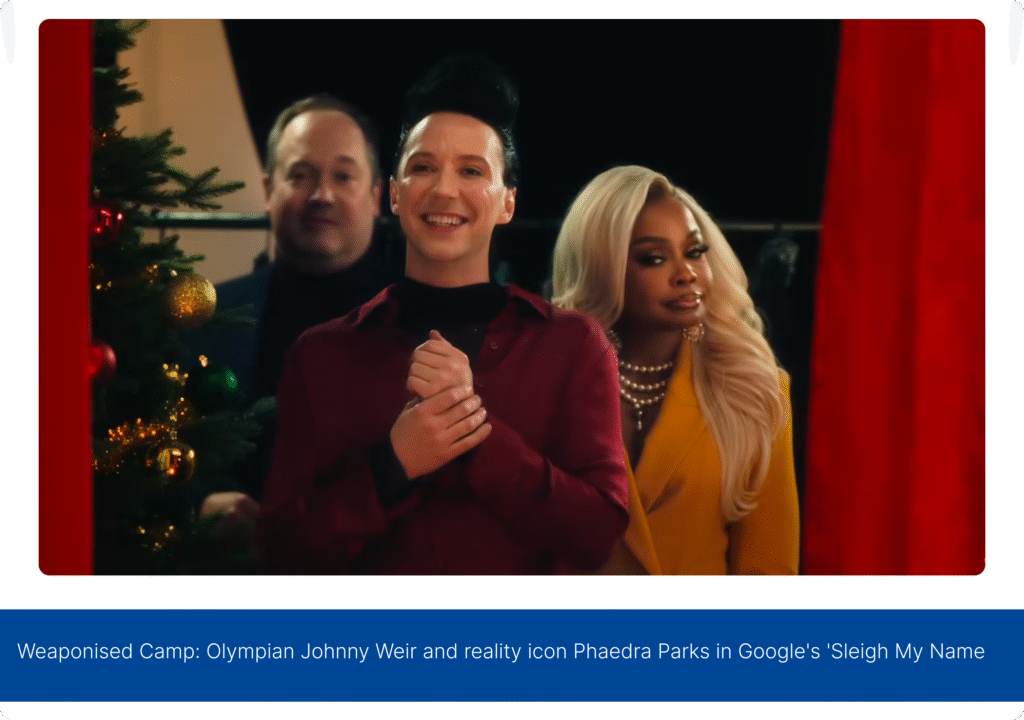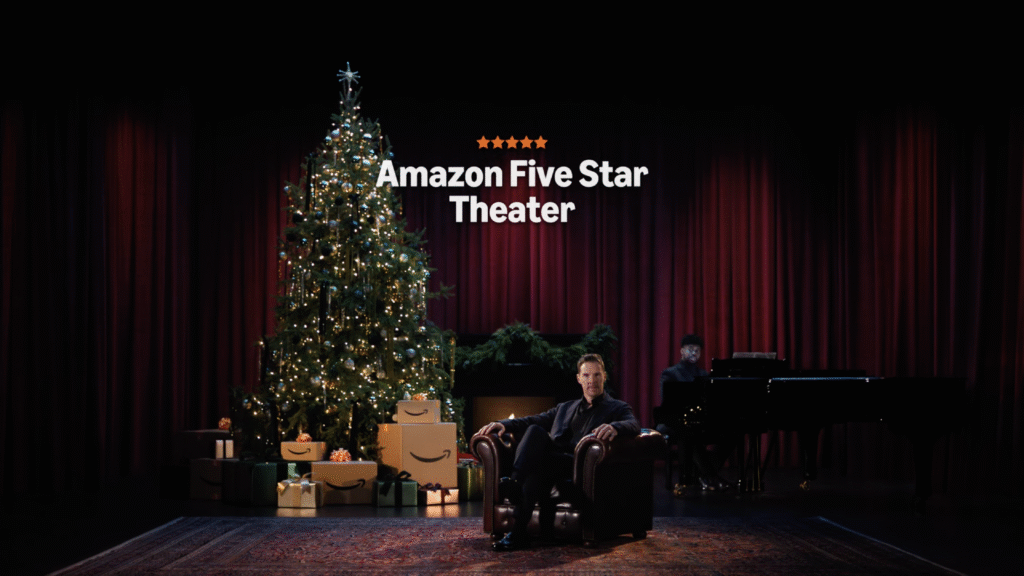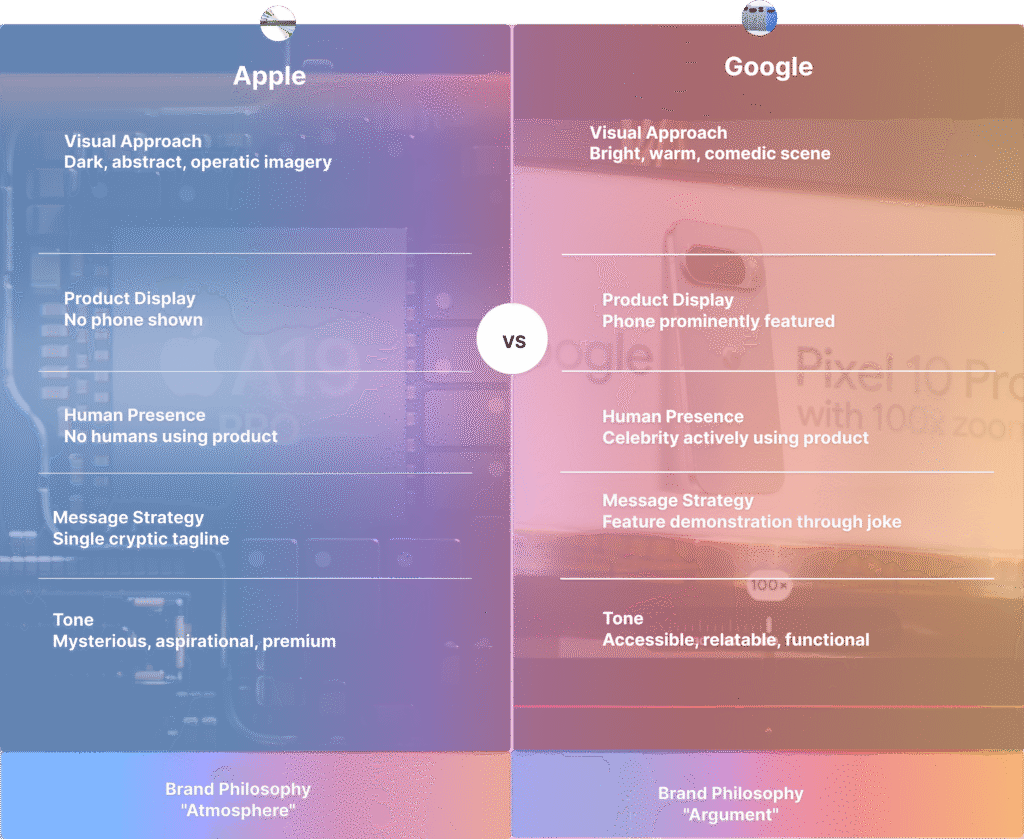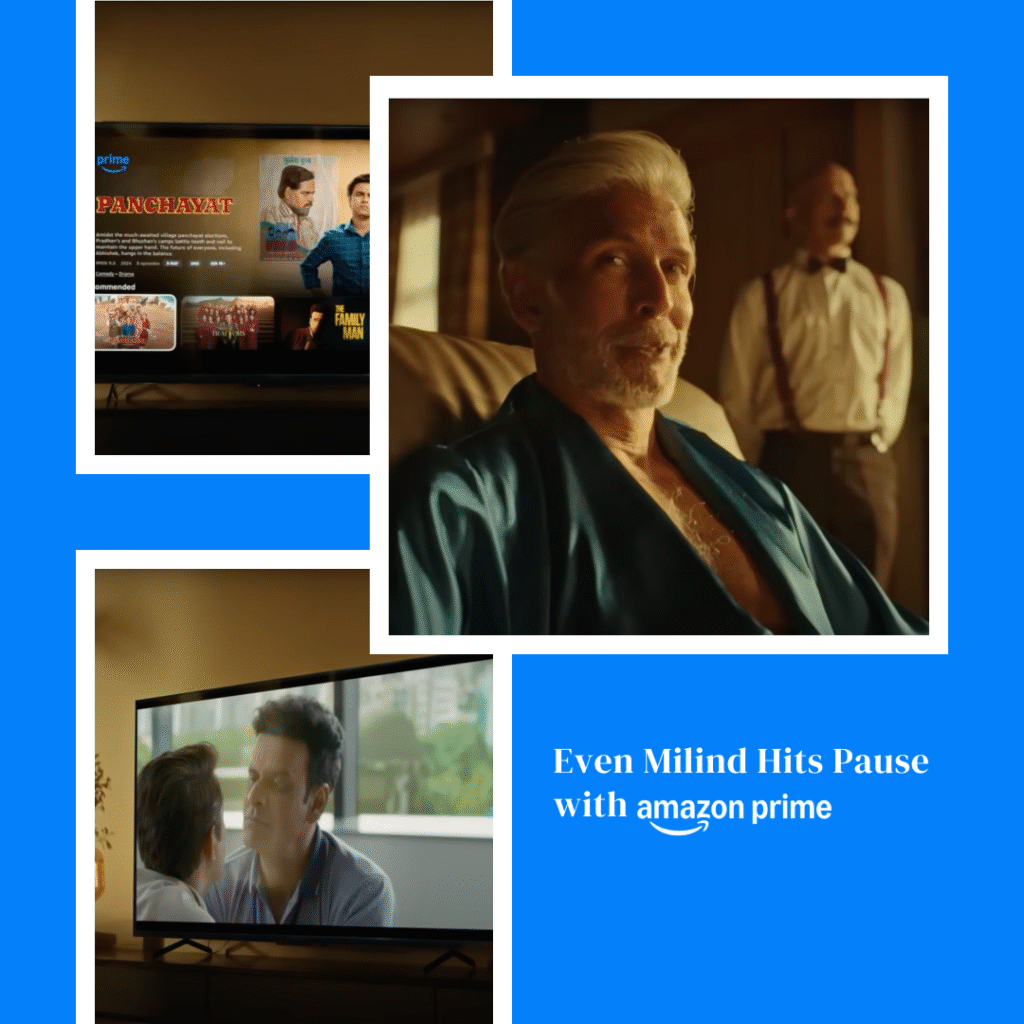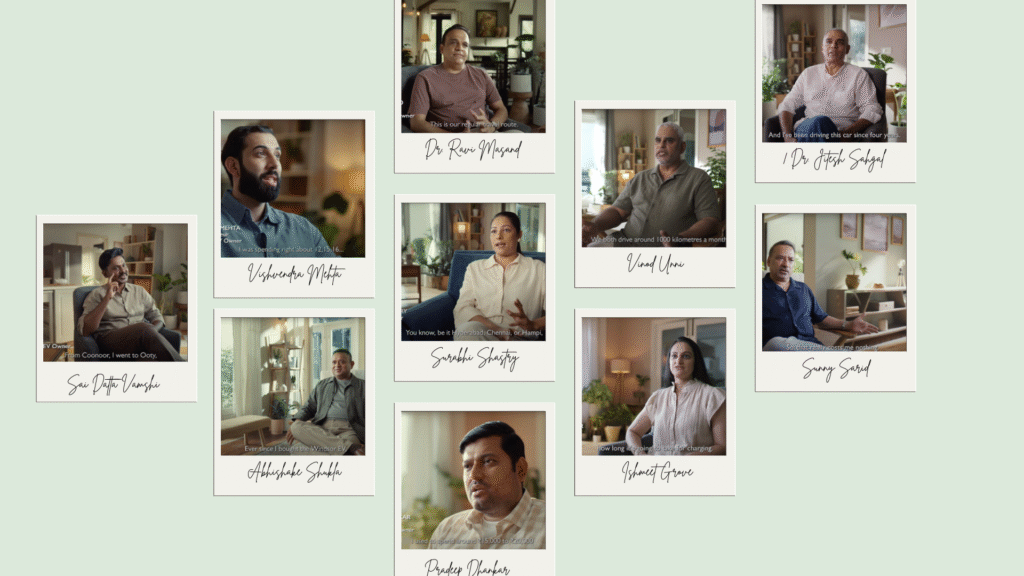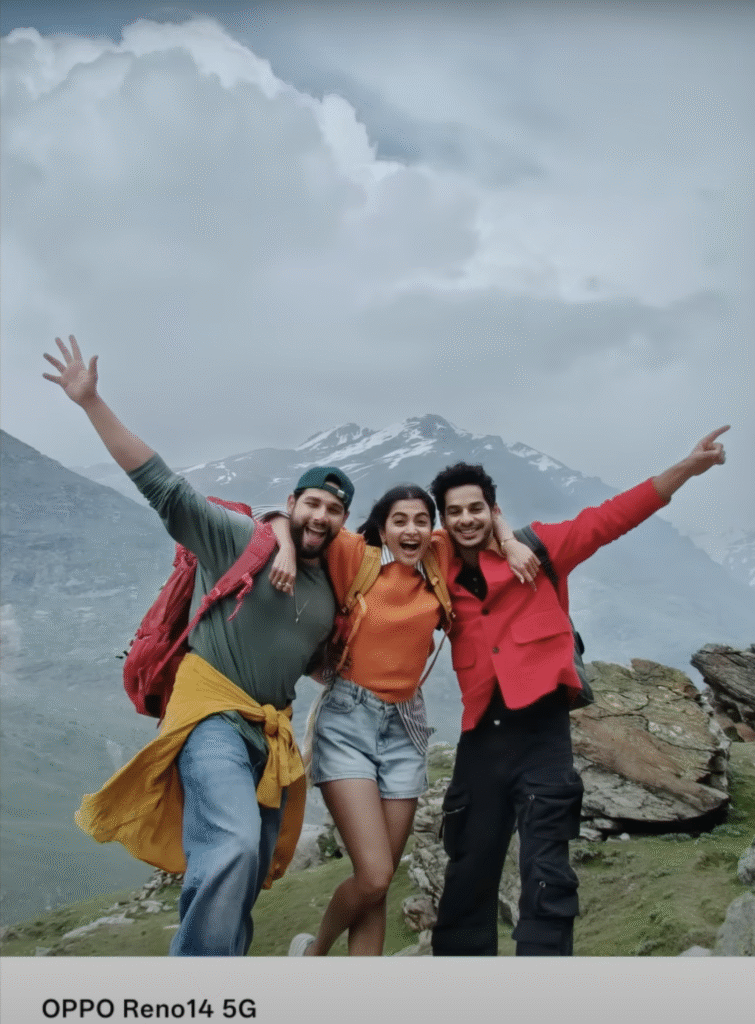ARTICLE 2 : The Challenger’s Playbook: How to Market Against Entrenched AI Incumbents
Google’s Gemini videos fail because they don’t answer the question consumers actually ask: Why switch from ChatGPT? In mature markets with entrenched incumbents, that’s the only question that matters. The companies winning AI adoption have figured out a completely different playbook—one that acknowledges the incumbent, demonstrates differentiation, and treats switching costs as real barriers. If you’re marketing AI products to consumers in 2025, this is the approach that actually works.
ARTICLE 2 : The Challenger’s Playbook: How to Market Against Entrenched AI Incumbents Read More »

